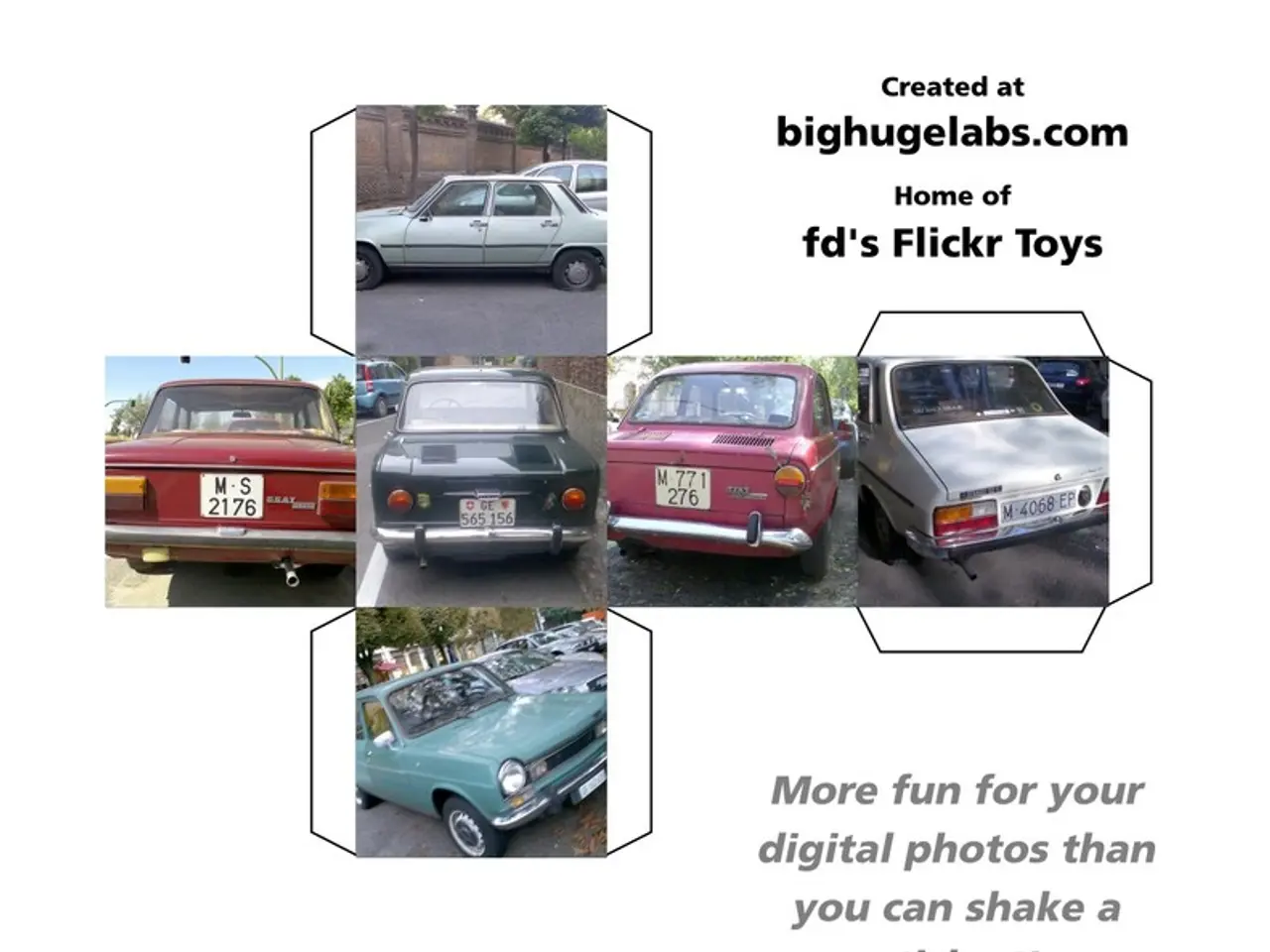The potential impact of Proton's electric vehicle on local production networks, and whether it may dethrone existing ones.
In the dynamic landscape of the ASEAN region, Malaysia is set to join the electric vehicle (EV) revolution, with car manufacturer Proton leading the charge. According to a recent article published on Fulcrum, ISEAS - Yusof Ishak Institute's blogsite, Proton's new EV manufacturing plant in Tanjung Malim is expected to be operational by the end of 2025, marking a significant milestone in the country's journey towards a greener and more sustainable future.
The article delves into various aspects of this transition, including the production of EVs, charging infrastructure, consumer products, design, economy, and trade. One of the key points highlighted is that while EV production requires fewer mechanical parts, it involves more complex components such as batteries, semiconductors, and advanced electronic components.
Proton's first electric vehicle, the e.Mas7, was launched in December 2024. Priced between RM105,800 and RM119,800, the e.Mas7 is set to make EVs more accessible to a wider audience in Malaysia. Initially, the e.Mas7 will be imported from China as a Completely-Built-Up unit, but from 2026, Malaysia will start receiving Completely-Knocked-Down kits for locally assembled EVs.
In a bid to foster new EV component supply chains, Proton arranged a business match-making event in July 2024. Local component producers will need new equity and technology partners to supply inputs for the new EVs, and this event aims to facilitate these partnerships.
The focus of this shift towards EVs and new energy vehicles is on the Asia Pacific, China, and Malaysia. Proton has also been pushing to export its Internal Combustion Engine (ICE) cars to countries such as Kenya, Mauritius, South Africa, Pakistan, Brunei, Bangladesh, and Egypt. The e.Mas7 is also set for export to Mauritius, Nepal, Singapore, Trinidad and Tobago, and Brunei.
The article aligns with the United Nations Sustainable Development Goals (SDGs) 8. Economic growth and 12. Consumption, as it promotes economic growth through the development of the EV industry and encourages sustainable consumption by offering an affordable electric vehicle option.
As Malaysia embarks on this journey towards electrification, it is clear that the country is committed to decarbonisation, sustainable lifestyles, innovation, and business resilience. The construction of the new manufacturing plant and the launch of the e.Mas7 are just the beginning of Malaysia's foray into the realm of climate tech and infrastructure.








